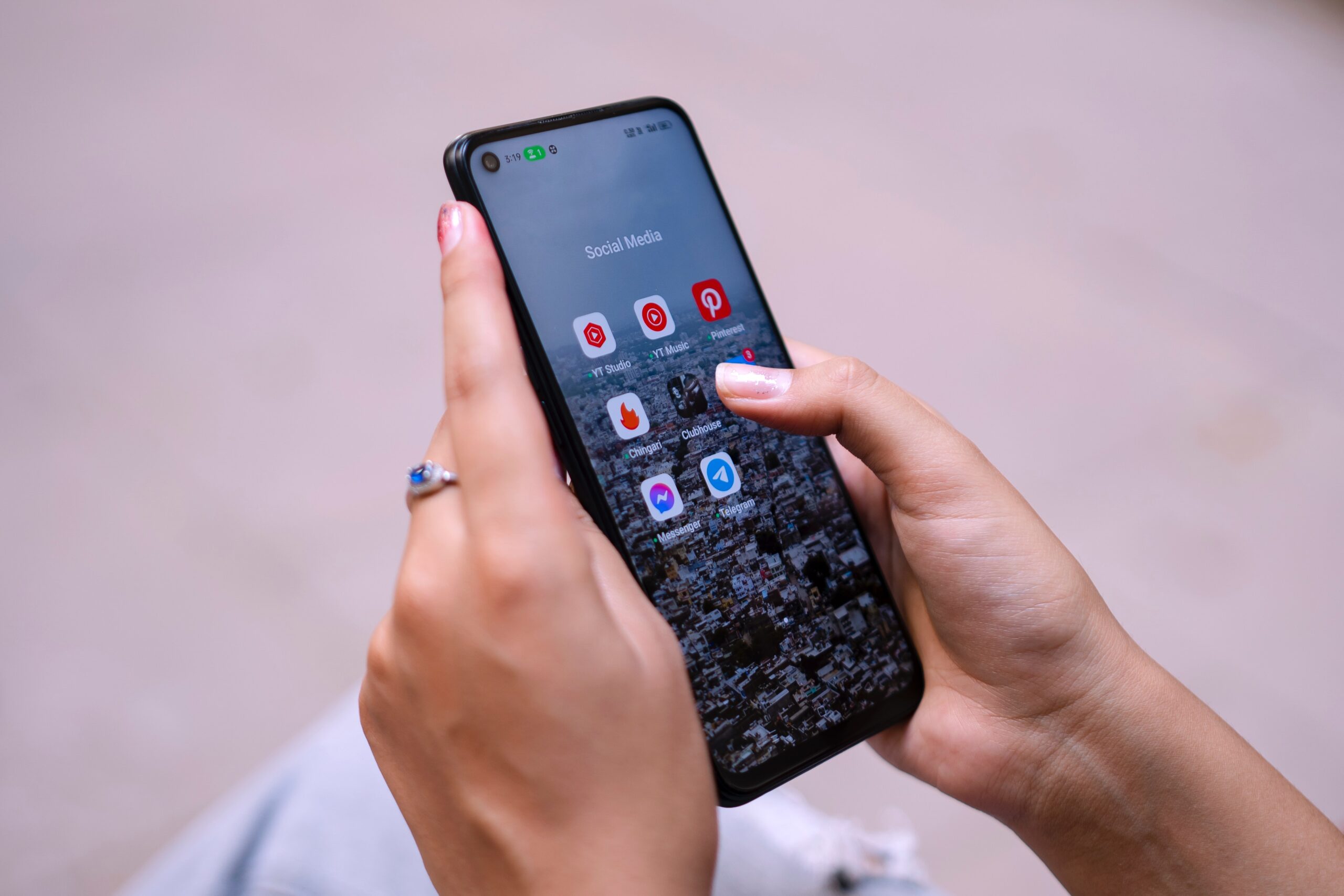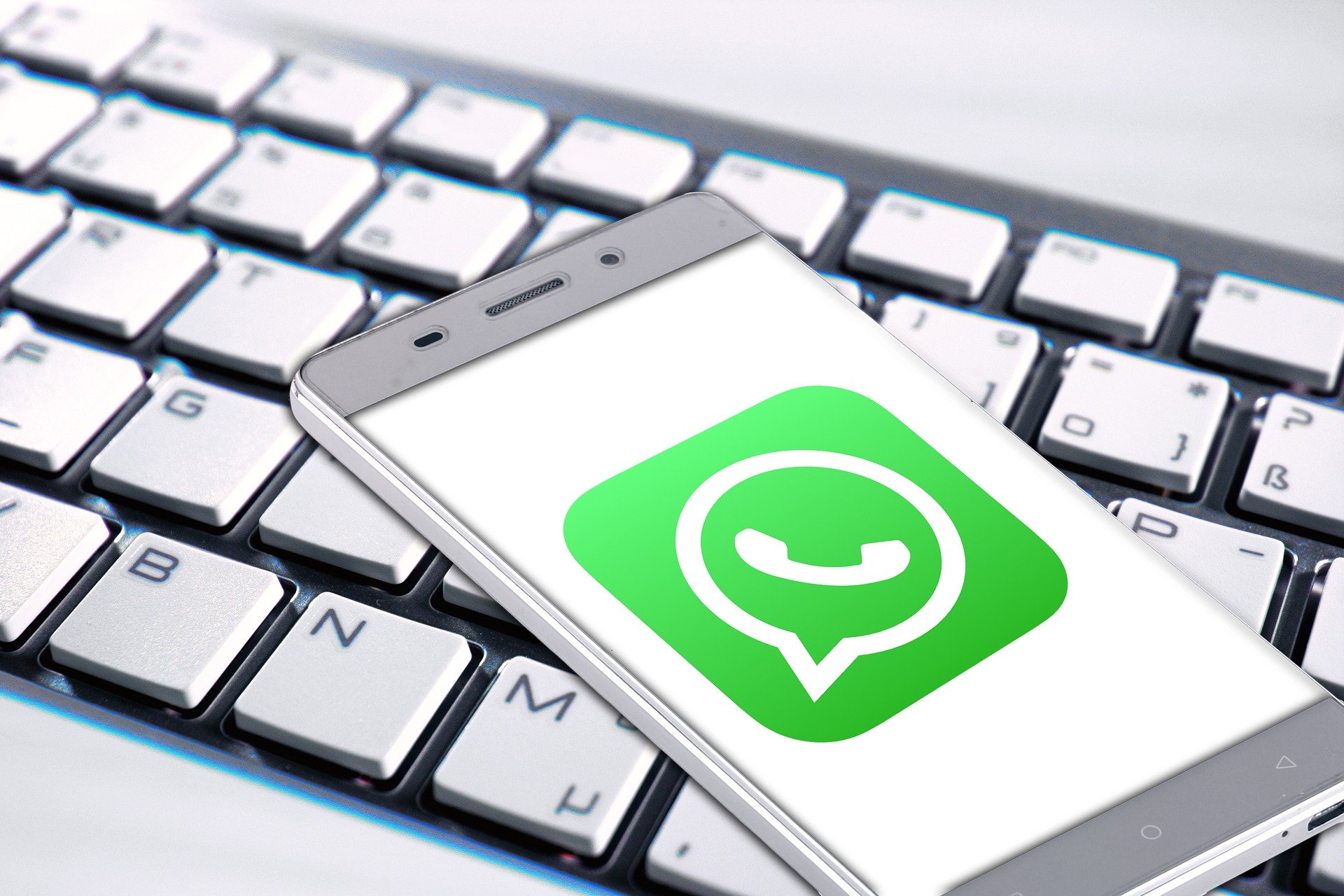Brazil is set to expand its cell phone signal coverage with the installation of 750 new towers. Find out more!
IHS Tower, one of the largest telecommunications infrastructure providers in the world, plans to deploy 750 new cell towers in Brazil this year. The company’s plans were revealed to Brazilian publication Mobile by Time by the company’s CEO, Sam Darwish. The deployment will expand IHS Towers’ presence in Brazil to around 8,000 cell sites. The company operates as a neutral network in the country, leasing space on its towers to companies such as Vivo and TIM.
According to Sam Darwish, they look at acquisition opportunities everywhere, as long as it makes strategic sense. He also says that you need to manage your growth carefully, but it is through construction that you can add value.
Find out more about this expansion of towers, which should improve the signal of operators in the country.

IHS Tower
IHS Tower was founded in 2001 and operates more than 39,000 towers across its 11 markets, spanning countries including Brazil, Cameroon, Colombia, Ivory Coast, Egypt, Nigeria, Peru, Rwanda, South Africa and others. The company secured a $1.4T600 million loan last year, but expects to draw down about $1.4T370 million of that amount, at an interest rate of $3.751T3T.
The company recently lost a contract to American Tower Company in Nigeria for the lease of approximately 2,500 of its network sites. The situation prompted Blackwells Capital LLC, a longtime shareholder in African telecommunications company IHS Holdings, to demand the immediate replacement of IHS Chairman and CEO Sam Darwish and board members.
Brazil
In Brazil, the company plans to deploy 750 new cell towers across the country this year. The deployment will expand the towers’ presence in the country to about 8,000 cell sites. In the country, the company already operates as a neutral network, leasing space on its towers to companies such as Alive and TIM Brazil.
According to the company's CEO, the context now is as follows: growth is vanity; profit is sanity and cash is king. In other words, you need to manage growth carefully, because it is through construction that you add value. According to him, acquisition opportunities are analyzed everywhere, as long as it makes strategic sense.
5G
The 5G arrived in Brazil in July 2022 and has already reached more than 10 million users in the country. At the end of August, the government released the 5G frequency in more than 100 Brazilian cities, surpassing the mark of 1,800 cities eligible to receive the technology.
Even with the growth in the country, there are still many challenges, since even in large centers that have already installed 5G, there are still places where the population does not have it. Internet access. The arrival of a quality signal depends on the infrastructure, in particular, the number of antennas.
The ideal number of people used in developed countries is 1,000 people per antenna. However, according to a survey by the Antene-se movement, which discusses improvements in connectivity, no Brazilian capital comes close to this.
One of the challenges to expanding the network is the implementation of the new antenna law. This legislation, which makes licensing easier, must be approved by the municipalities. In São Paulo, the antenna law was approved in January 2022, and in March, the city government signed an agreement with operators to install antennas in the outskirts of cities. According to the city government, 318 antennas were installed in a period of 11 months.



